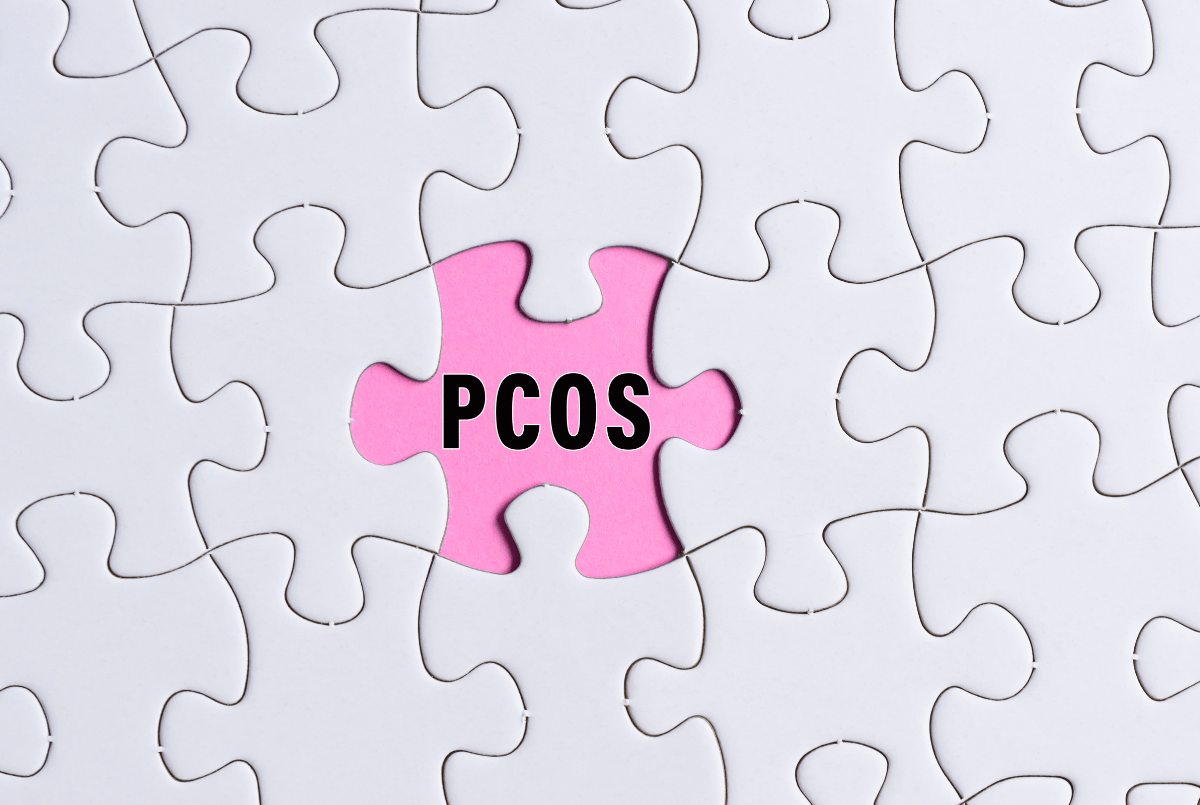
Egg Donors and Recipients with PCOS
Patients with polycystic ovary syndrome (PCOS) who receive eggs from women with PCOS have the same pregnancy and childbirth outcomes as do women without PCOS who receive egg donation, according to a study published in BMC Pregnancy and Childbirth.
Women with PCOS have long been able to participate in egg donation. However, study authors wrote, “the pregnancy outcomes and offspring follow-up in patients with PCOS as the recipients are unclear.”
In prior studies, both use of donor oocytes (DOs) and presence of PCOS in oocyte recipients have been shown independently to adversely affect obstetric and infant outcomes. However, researchers indicated, “no study has investigated PCOS DO pregnancy outcomes and offspring follow-up. It remains unknown if the obstetric and infant outcomes of oocytes from donors with PCOS have a double disadvantage.”
What is PCOS?
Polycystic ovary syndrome (PCOS) is a condition in which the ovaries produce an abnormal amount of androgens, male sex hormones that are usually present in women in small amounts. The name polycystic ovary syndrome describes the numerous small cysts (fluid-filled sacs) that form in the ovaries. However, some women with this disorder do not have cysts, while some women without the disorder do develop cysts.
Ovulation occurs when a mature egg is released from an ovary. This happens so it can be fertilized by a male sperm. If the egg is not fertilized, it is sent out of the body during your period.
In some cases, a woman doesn’t make enough of the hormones needed to ovulate. When ovulation doesn’t happen, the ovaries can develop many small cysts. These cysts make hormones called androgens. Women with PCOS often have high levels of androgens. This can cause more problems with a woman’s menstrual cycle. And it can cause many of the symptoms of PCOS.
PCOS – All Patients
Between March 2015 and May 2020, investigators at the Center for Reproductive Medicine and Infertility, Fourth Hospital of Shijiazhuang, in Hebei, China, enrolled 30 women with PCOS and 32 without PCOS. All recipients had to be less than 38 years old and undergoing their first single vitrified-warmed blastocyst transfer (SVBT). Oocytes came from PCOS-positive donors less than 30 years old.
For all patients, investigators used standardized oocyte preparation and implantation techniques, provided the same standard high-risk obstetric care, and consulted perinatology specialists when additional high-risk factors such as pregnancy-induced hypertension, gestational diabetes, or preterm birth (before 37 weeks) occurred.
Ultimately, rates of fertilization (around 75%), cleavage (around 98%), high-quality embryos (42% to 44%), and blastocysts (around 38%) did not differ significantly between the 2 groups. Similarly, rates of clinical pregnancy, implantation, ectopic pregnancy, and early abortion did not differ significantly.
Few studies evaluate DOs from patients with PCOS. However, previous research have shown similar pregnancy rates vs DOs from normal-appearing ovaries, along with similar fertilization, implantation, and miscarriage rates.
In patients with PCOS, high luteinizing hormone levels reduce oocyte quality. Moreover, PCOS has a high familial prevalence. “Some researchers may worry about possible propagation of the condition in the next generation of PCOS DO programs,” authors wrote. Therefore, they suggest additional research focusing on PCOS incidence in offspring of PCOS-positive mothers who receive DOs from donors with PCOS.






